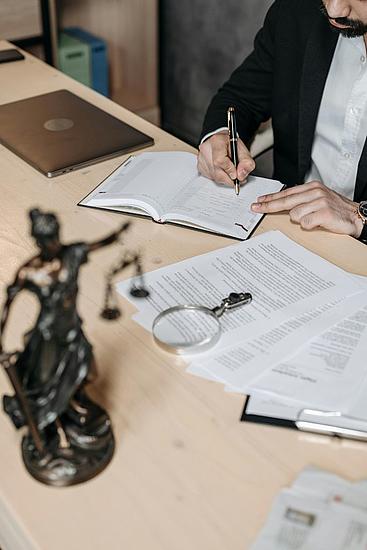The path to becoming a compliance officer typically begins with a degree in business law, law, business administration with a focus on compliance, or a related field. A bachelor's degree is usually the starting point, although a master's degree in a specialized field, such as compliance management or international law, can further enhance career prospects. The academic background should provide in-depth knowledge of legislation, corporate governance and economic interrelationships, as compliance officers are regularly confronted with legal issues and the practical implications of laws on business processes.
In addition to the academic background, practical experience is crucial. Internships or student trainee positions in legal departments, compliance departments or auditing firms provide valuable insights into the daily demands of the profession. In many cases, initial experience in areas such as risk management or law is also helpful in developing the necessary understanding of the challenges of the compliance area. Compliance officers must be able to understand complex legal requirements and apply them efficiently to the company structure.
Certificates and further training play an important role in the career development of a compliance officer. Certificates such as Certified Compliance and Ethics Professional (CCEP) or specialized training in areas such as anti-money laundering or data protection law (e.g. GDPR) can support career advancement and further deepen expertise in the compliance area. These qualifications not only help to meet legal requirements, but also to stay up to date in an industry that is constantly changing and becoming increasingly complex.
One of the most important requirements for the profession of compliance officer is integrity and independence. Compliance officers must be impartial and objective, as they often have to act against company interests or even against the opinion of other departments to ensure compliance. High ethics and a strong sense of responsibility are also essential, as compliance officers often have to make difficult decisions that require both legal and ethical considerations.
Finally, a compliance officer should have excellent communication skills, as they regularly communicate with various departments, management and external partners. A good understanding of teamwork is also important, as compliance officers often work across disciplines and collaborate with other departments such as legal and risk management.











